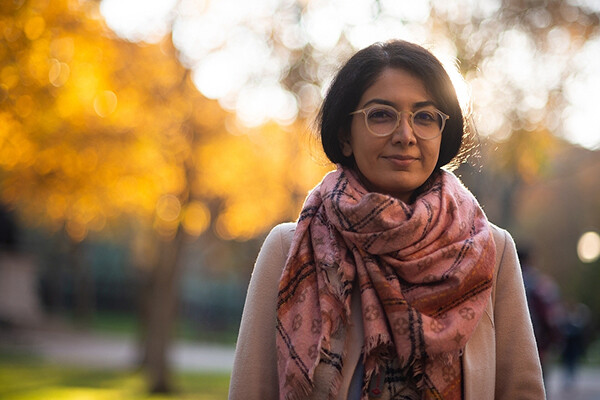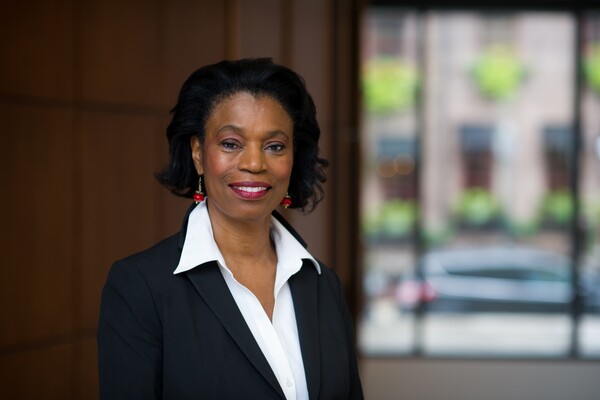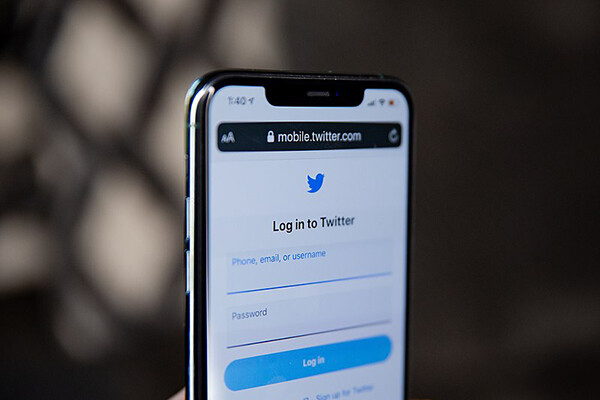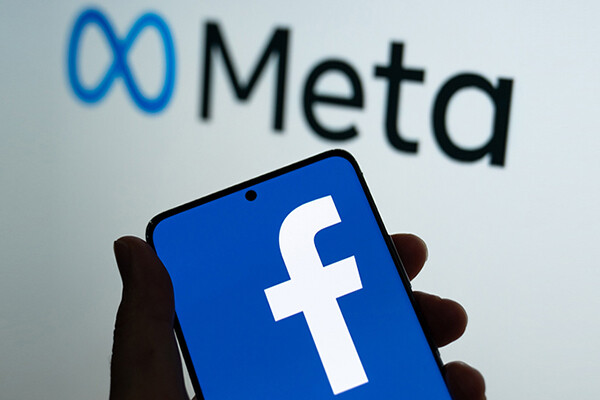4/11
Social Media
How social media firms moderate their content
Wharton marketing professors Pinar Yildirim and Z. John Zhang, and Wharton doctoral candidate Yi Liu show how a social media firm’s content moderation strategy is influenced mostly by its revenue model.
What can be done to prevent and resist image-based abuse?
A virtual symposium held by Annenberg’s Center for Media at Risk and the Cyber Civil Rights Initiative brought together experts from around the world to analyze the abuse commonly referred to as “revenge porn.”
Ten years later, examining the Occupy movement’s legacy
For Jessa Lingel of the Annenberg School for Communication, a decade after Occupy Wall Street’s beginnings presented an opportunity for reflection, which she led this fall semester in a new course.
What big data reveals about online extremism
Homa Hosseinmardi and her colleagues at Penn’s Computational Social Science Lab studied browsing data from 300,000 Americans to gain insights into how online radicalization occurs, and to help develop solutions.
Anita Allen on Facebook, facial recognition, and privacy
The expert on privacy and data protection law explains why Facebook’s decision to shut down its facial-recognition system is good for privacy rights.
Social media bots may appear human, but their similar personalities give them away
A new engineering study examines how social media bots disguise themselves to interact with genuine accounts on social media platforms, while suggesting a new strategy for how to detect them.
Into the metaverse: Can Facebook rebrand itself?
Wharton marketing professor Patti Williams isn’t sold on the stated reasons behind Facebook’s recent name change— to Meta—or the timing.
Ezekiel Dixon-Román on the Facebook whistleblower
The data analytics expert answers questions about Frances Haugen’s testimony and tech regulation, and why apps are so addictive.
Misinformation on Twitter adversely affects adults’ health decisions
A new study from the Annenberg School for Communication is the first to explore the effect of misinformation on Twitter about e-cigarette harms.
TikTok talk
Largely characterized as a Gen Z phenomenon, TikTok is a video-sharing app with more than 100 million active users in the U.S. alone—and it’s changing the way that we speak, says sociolinguist Nicole Holliday.
In the News
AI fake nudes are booming. It’s ruining real teens’ lives
Doctoral candidate Sophie Maddocks in the Annenberg School for Communication says that AI fake nudes are targeting girls and women who aren’t in the public eye.
FULL STORY →
Why I’m not expecting my friends to make social media posts about Israel
A study from the Annenberg School for Communication found that people primarily share information on social media that they feel is meaningful to themselves or to the people they know.
FULL STORY →
What social media does to the teen brain
Frances Jensen of the Perelman School of Medicine examines the impact that social media is having on the brains of teenagers, the first “truly digital generation.”
FULL STORY →
Trump attacked me. Then Musk did. It wasn’t an accident
In an Op-Ed, Yoel Roth of the Annenberg School for Communication says that his experience of public attacks and harassment while working at Twitter was part of a larger, targeted political campaign to erode online safety and strengthen misinformation.
FULL STORY →
Trump uses Facebook to fund presidential run, two years after Meta banned him
Andrew Arenge of the School of Arts & Sciences says that higher social media impressions can be a key factor for bringing in waves of cash for political campaigns.
FULL STORY →
Elon Musk blames school for rift with daughter: ‘She doesn’t want to spend time with me’
A 2022 study by Sandra González-Bailón of the Annenberg School for Communication found that Twitter, now X, gives more visibility to those with conservative ideologies than those who tend to express more progressive views.
FULL STORY →













